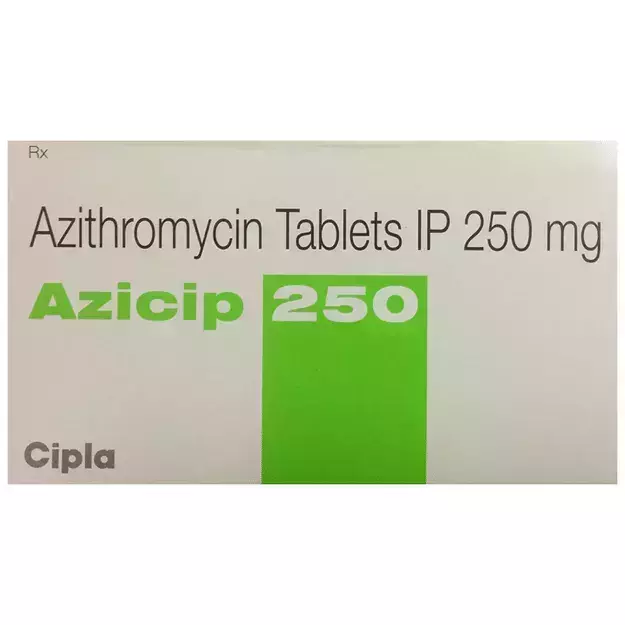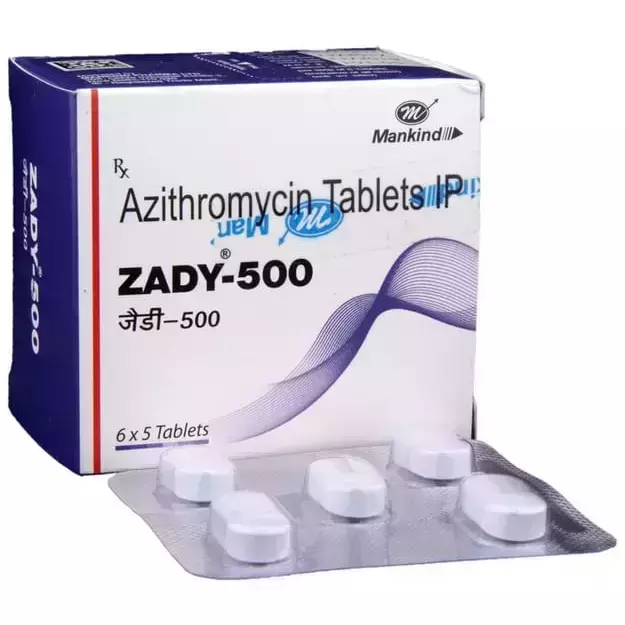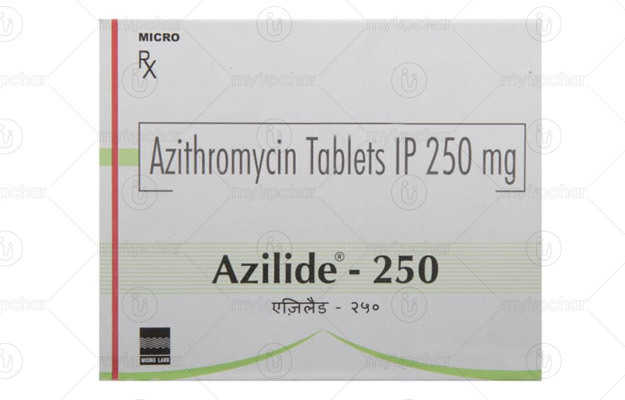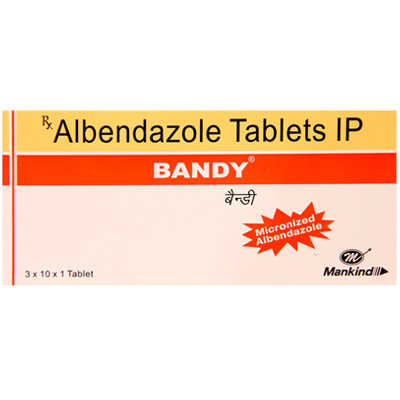Azimount is a commercial drug that is prescribed in the form of Tablet. Ear Infection, Tonsillitis, Pneumonia are some of its major therapeutic uses. The alternative uses of Azimount have also been explained below.
The right dosage of Azimount depends on the age, gender, and medical history of the patient. Besides the medical condition it is advised for, the route of administration also plays an important role in determining the correct drug dosage. Refer to the dosage section for a detailed discussion.
The side effects typically associated with Azimount include Nausea or vomiting, Diarrhoea, Headache. Some other side effects of Azimount have been listed ahead. Usually, these side effects of Azimount go away soon, and do not persist beyond the duration of the treatment. Please speak with your doctor if these side effects worsen or persist for a longer duration.
Furthermore, you should know that effect of Azimount is Safe for pregnant women and Safe for women who are breastfeeding. Warnings related to Azimount's effects on the liver, heart and kidney, if any, have been listed below.
Some other conditions that can be affected by Azimount are listed in the contraindications section below.
Drug interactions for Azimount have been reported in the medical literature. A complete list of these interactions is given below.
Along with the above-mentioned precautions, remember that taking Azimount is considered safe while driving, and is addictive.
X






























